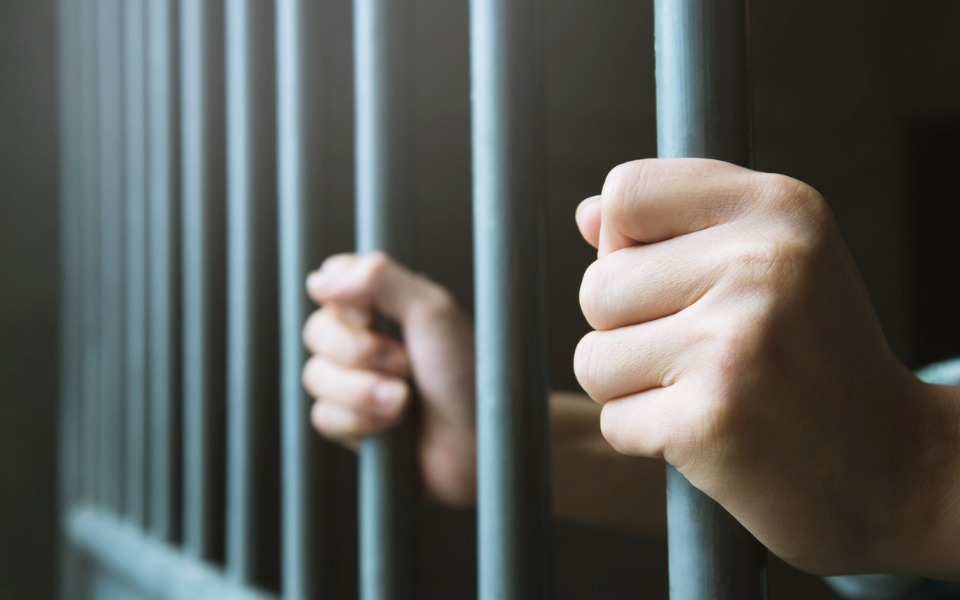
No trial, no release: Lankan refugees in TN camp rue lengthy legal process
Over 100 people are in two foreigners’ special camps in Tiruchi; there are complaints of delays in filing of charge sheets

In December 2019, the Q Branch of Tamil Nadu police arrested R Sudharshan, a Sri Lankan refugee living in a camp in Pudukkottai district, for forging an Indian passport to leave the country.
After two months, the court granted him bail and he was moved from Pudukkottai sub-jail to a foreigners’ special camp in Tiruchi. Two years on, officials continue to delay filing a chargesheet and the trial is yet to start.
“I don’t deny any charges and I am ready to undergo the punishment. But what I don’t understand is why officials are delaying filing the chargesheet,” Sudharshan told The Federal. “We have requested them several times to start the trial at the earliest. Every time we stage a protest, the officials immediately talk to us and assure us they will file the chargesheet. But nothing has happened till date,” he said. “Is it too much to ask?”
Sudharshan was 19 years old and was in his first year of BBA when he was arrested.
“The special camp is more like a prison. Even after getting bail, we are living like prisoners here,” he said, explaining that the only benefits the inmates get are food allowance of ₹175 per day, facilities to cook, and the use of mobile phones.
Struggle to leave
Another detainee, A Akhil Dhas, 27, said his parents migrated to India for a better future. “But even here we don’t get proper employment opportunities and most of us end up working as daily wage workers. That’s why I wanted to move to a European country,” he said.
Also read: TN to shelter Lankan refugees till Centre decides on legal status
“An agent approached me and assured me that he could get me an Indian passport. I had to pay him close to ₹3.5 lakh for it.”
Dhas was working as a taxi driver in Chennai when the Q Branch arrested him, in May 2019. He is booked under the Foreigners Act, 1946, the Passport Act, 1967, and under Sections 420, 465, 468, 471 and 120B of the Indian Penal Code.
Like Sudharshan, he accepts his crime and is ready to undergo punishment. ”Close to 40 other Sri Lankans are staying in special camps. Other nationals, including Bangladeshis, have seen their cases resolved and they are now back in their countries. Why are we being treated differently?” he asked.
“Even after bail, we are treated like prisoners,” he said, adding that the inmates are not allowed to step out unless it is for medical emergencies.
“We are sitting idle here. I don’t know how long we have to remain in this situation. If and when the charge sheet is filed, we don’t know how long the trial will take. We are slowly losing hope. It is causing us mental agony,” he added. “Either we should be allowed to be with our parents at the refugee camps during the bail period or the case should be sped up,” Dhas said.
Delayed procedures
Last August, some detainees attempted mass suicide, said Dhas. “Nothing happened to anyone. But the officials then assured us that the trials would start within a month. We staged a hunger protest last month. Still, nothing happened.”
Also read: Child labourers may be left in the lurch as Centre shuts down NCLP scheme
“Ideally, the chargesheet should be filed within 90 days. But the police take their own time. This is happening not just in Sri Lankan refugee cases but also in other cases dealing with Indian citizens,” said R Dominic Ravi, an advocate appearing for the refugees.
“As many as 109 people are in two foreigners’ special camps in Tiruchi. Only those who are suspected to have committed serious crimes, like associating with banned organisations, and trying to flee the country, are lodged there,” said an official from the Commissionerate of Rehabilitation and Welfare of Non-resident Tamils.
He said that as per the existing norms, a child born to foreign nationals in India would be given Indian citizenship only if the parents’ stay here is legal and they have all the required documents. In the case of refugees, their stay is not considered legal. So, their children are not be able to get Indian citizenship.

